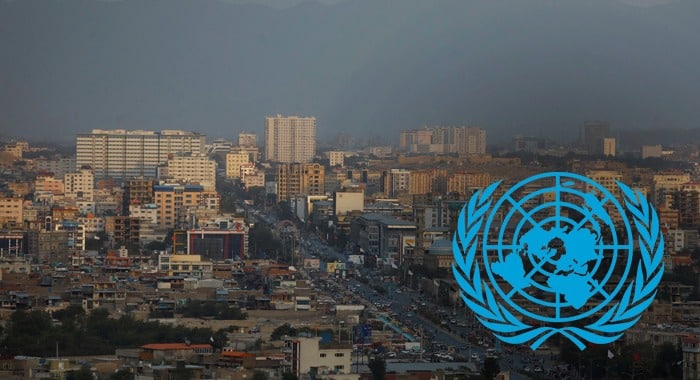The United Nations Human Settlements Programme (UN-Habitat) has revealed that nearly 80 percent of Kabul’s population is living in unplanned or informal settlements, exposing a deepening urban catastrophe in Afghanistan’s capital, where decades of war, mismanagement, and neglect have left millions in dangerously inadequate living conditions.
In a statement issued Sunday, UN-Habitat said Kabul—home to over 40 percent of the country’s urban population—is suffering from severe overcrowding, failing infrastructure, and the near-total collapse of urban planning. The agency described the situation as a stark indicator of the Afghan state’s inability to provide even the most basic urban services to its people.
Vast swathes of the city, especially in the western and northwestern hills, have developed chaotically over the past two decades. A study by the University of Twente shows that between 2001 and 2017, unplanned settlements in Kabul grew by 4.5 times—far outpacing the 1.25 times expansion of planned areas. Originally intended to accommodate up to 750,000 residents, Kabul now houses between 5 to 7 million people, more than ten times its capacity.
UN-Habitat warned that these informal settlements are highly vulnerable to natural disasters such as floods and earthquakes, and the growing climate crisis could turn Kabul’s urban sprawl into a humanitarian disaster. The lack of legal recognition for most of these settlements further exposes residents to eviction, discrimination, and marginalization.
With projections that 50 percent of Afghanistan’s population will be living in urban areas by 2060, the agency said the country is dangerously unprepared for the coming demographic shift. It cited weak governance, lack of planning, and chronic underfunding as key factors driving the city’s collapse into unlivable conditions.
UN-Habitat stressed the urgent need for a coordinated, multi-stakeholder approach to rescue Kabul’s future. It called for investment in climate-resilient infrastructure, affordable housing, and inclusive planning—warning that without immediate action, the capital could become a symbol of Afghanistan’s broader governance and development failure.





